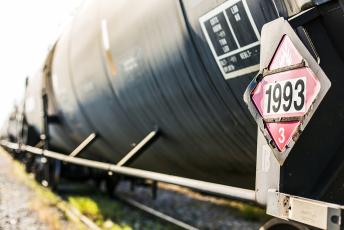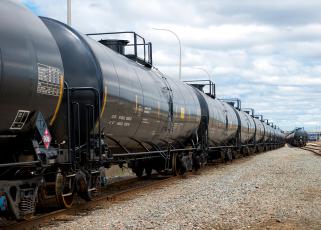*This article originally appeared on LinkedIn
Today kicks off National Infrastructure Week, which recognizes voices from industries spanning the U.S. economy, all of which will be advocating for increased investment into American infrastructure. Much attention is paid these days to issues that divide us, but the importance of expanding and modernizing our infrastructure for the benefit American industry is one on which there is a widespread consensus. It transcends political parties. It impacts every region of this country. There are few Americans who don’t understand the importance of our nation’s highways, bridges and roads to driving progress and making our way of life possible.
Within the fuel and petrochemical industries, infrastructure investment is crucial to ensuring that the U.S. can access the full benefits that our natural resource abundance signifies. The midstream infrastructure – including ports, pipelines and rail – facilitates the delivery of fuel and petrochemicals safely, efficiently and affordably. This crucial transportation connects our supply chains and ensures that Americans have a healthy supply of energy; manufacturing facilities have the raw materials needed to create the everyday products we need; and drivers can access the affordable transportation fuels they rely on.
Demand for midstream infrastructure is growing as the role of the United States as a leading producer and exporter of energy and petrochemicals increases. Never has it been more important that the state of our infrastructure reflects the critical role that these resources play in not only driving our own economy, but also those of a growing number of regions around the world.
Maintaining, modernizing and expanding midstream infrastructure supports robust economic growth, spurs job creation and enhances the quality of life of all Americans. Investing in the infrastructure that serves America’s fuel and petrochemical manufacturers is as important to ensuring American prosperity as investing in highways, roads and bridges. From life-saving medical equipment to water-proofing our smartphones and the jet fuel powering air travel each day, we rely on fuel and petrochemicals, and their manufacturers rely on a robust network of infrastructure.
Federal, state and local governments need to continue working with private industry to invest in improvements, and our policies must do a better job of providing regulatory certainty. Investments into energy infrastructure are investments into our quality of life, our manufacturers, our energy security and our ability to continue driving progress at home and abroad.


